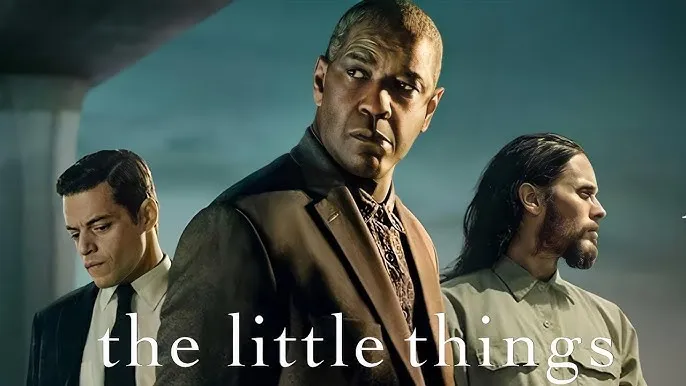is a powerful Irish drama written and directed by John Michael McDonagh. Known for his dark humor and philosophical undercurrents, McDonagh delivers a deeply affecting meditation on faith, morality, and forgiveness. Unlike his previous film The Guard, which leaned heavily into irreverent comedy, Calvary is quieter, more introspective, and deeply rooted in emotional and spiritual conflict. Anchored by a haunting performance from Brendan Gleeson, the film explores the burden of goodness in a world riddled with pain.
The film opens in a Catholic confessional with a chilling scene: an unseen man tells Father James Lavelle, a good and compassionate priest, that he was sexually abused by another priest as a child. Though the abuser is now dead, the man wants retribution—not against the guilty, but against the innocent. He informs Father James that he will kill him in one week, giving him time to get his affairs in order. The film then unfolds over the course of that week, as Father James interacts with members of his rural Irish parish, many of whom are troubled, angry, or morally lost.
What follows is not a murder mystery, but a spiritual journey. Father James continues to serve his community, listening, offering counsel, and occasionally confronting the brokenness around him. Each encounter—with a cynical doctor, a bitter atheist, a wealthy banker, a violent husband—serves as both a reflection of the world’s suffering and a challenge to his faith. He remains calm and principled, but the threat against his life hangs heavy over the story, pushing him to reevaluate his role as a moral and spiritual figure in a world that increasingly rejects both.

Brendan Gleeson’s performance as Father James is extraordinary. He imbues the character with quiet strength, compassion, and deep sadness. Father James is no naïve cleric; he is a man who has experienced darkness but continues to believe in grace. His personal struggles—including his troubled relationship with his suicidal daughter, Fiona (played by Kelly Reilly)—add emotional complexity to his role as a reluctant Christ-like figure. The supporting cast, including Chris O'Dowd, Aidan Gillen, Dylan Moran, and Domhnall Gleeson, each contribute striking performances that highlight different aspects of doubt, guilt, and cynicism.
Visually, Calvary is stunning. Set against the rugged beauty of Ireland’s west coast, the cinematography contrasts the spiritual isolation of Father James with the vast, indifferent landscape. The film’s tone is somber, often melancholic, but laced with dry humor and philosophical reflection. Its pacing is deliberate, giving room for quiet conversations and unspoken tensions to build.

Thematically, the film grapples with the role of the Church in a post-scandal era, asking whether goodness still has power in a world scarred by betrayal and hypocrisy. It also challenges the viewer to consider what it means to forgive, to sacrifice, and to face death with dignity. The title Calvary, a reference to the site of Christ’s crucifixion, underlines the film’s deep symbolic and religious undertones.
In conclusion, Calvary is a profound and unsettling film—part character study, part moral parable. It offers no easy answers, but it lingers in the mind long after it ends, inviting reflection on the cost of grace, the weight of suffering, and the rare courage it takes to remain kind in an unkind world.


